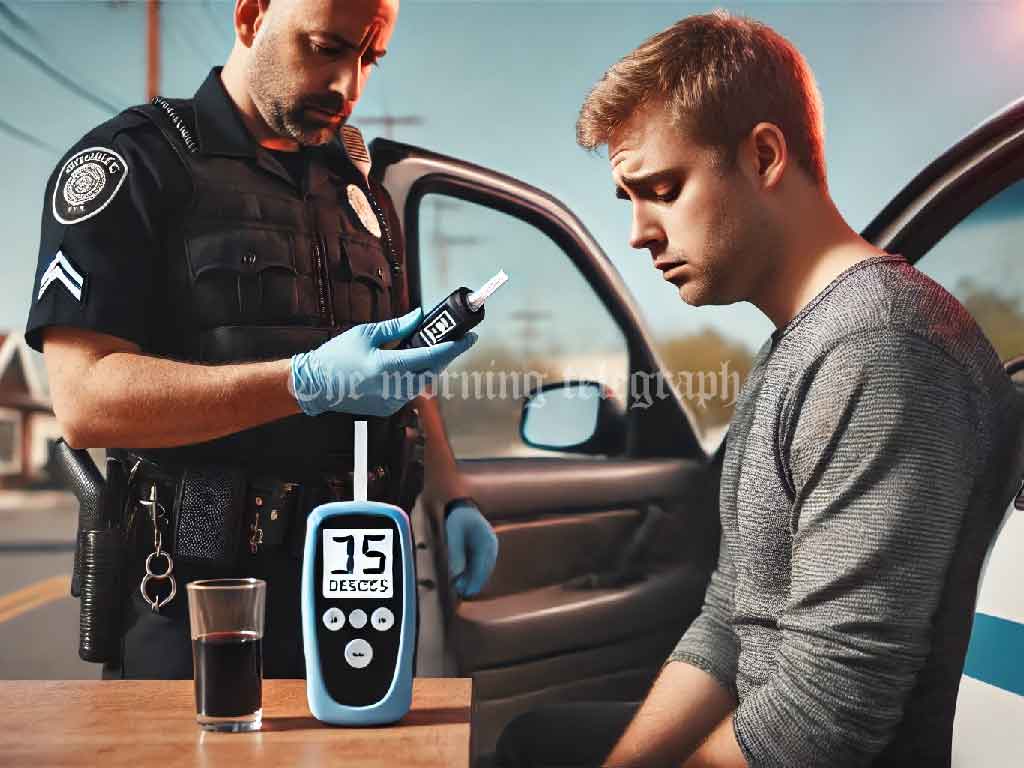
Medical experts have raised serious concerns about the reliability of police-administered breathalyzer tests, particularly for individuals with diabetes. These tests, commonly used to detect blood alcohol concentration (BAC), can yield false positives due to certain medical conditions, potentially leading to wrongful arrests, penalties, or license suspensions.
The issue primarily arises from a condition known as diabetic ketoacidosis (DKA), which can occur in individuals with poorly managed diabetes. When the body is unable to use glucose for energy, it breaks down fat, producing ketones as a by-product. These ketones emit an acetone-like odor, which can be mistaken for alcohol by breathalyzers. This condition, common among diabetics experiencing high blood sugar levels, creates a significant risk of false positives.
Dr. Samantha Jayasinghe, a medical expert, explains the underlying problem: “Breathalyzers are designed to detect alcohol, but in cases of diabetic ketoacidosis, the acetone produced in the body can mimic alcohol molecules, leading to inaccurate results. This can have severe implications for diabetics, who may face legal penalties or social stigma despite being sober.”
False positives are not limited to diabetics. Certain substances, such as alcohol-based mouthwashes, medications, or even specific foods, can also trigger inaccurate readings on breathalyzer devices. This raises questions about the overall reliability of the technology and highlights the need for supplementary testing.
Dr. Jayasinghe advocates for additional measures to ensure fairness and accuracy in such cases. “When a breathalyzer test results in a positive reading for someone with known health conditions, a confirmatory blood test should be conducted. Blood alcohol tests are far more reliable and can prevent wrongful accusations,” he said. He further stressed that individuals suspected of alcohol consumption should be taken to the nearest government hospital for proper testing.
However, current police practices often rely on observable signs of intoxication rather than conducting thorough medical evaluations. This can exacerbate the problem, particularly for those with underlying medical conditions.
The consequences of a false positive result extend beyond legal penalties. Wrongful accusations can cause significant emotional and psychological stress, affecting personal and professional reputations. “For diabetics, the risk of being falsely accused of intoxicated driving is not just a legal issue but a deeply personal one,” Dr. Jayasinghe noted.
The medical community is calling for a review of the widespread use of breathalyzer tests and the incorporation of more robust protocols, such as mandatory blood tests in cases where health conditions could impact results. Public awareness campaigns are also needed to educate individuals about the potential risks and to advocate for fair treatment for those with medical conditions.
As breathalyzer technology continues to play a key role in law enforcement, addressing its limitations and ensuring that justice is served without unintended harm remains a critical priority.




